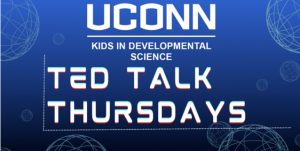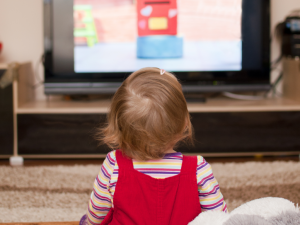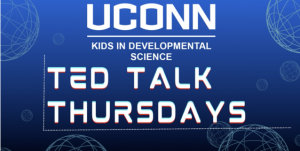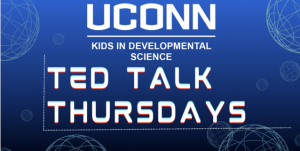
Characteristics of the performing arts can be essential to the well-being of children. Although not mentioned or heavily encouraged by parents, the arts are a key factor in improving the life of children. They are alive but should also be living a fulfilling life regardless of age. Combining imagination, play, and performing arts can lead to many benefits in children.
A prime example of performing arts is role play. All children engage in play, whether solo or group play. Imaginative play can lead to a more artistic play, meaning that there is a possible connection between imagination and the performing arts.
There are four functions that the arts can provide children with: activity, belonging, identity and ownership, all important in contributing to the needs of their development as well as their quality of life. Overall, there is more meaning to when parents tell their children to “go and play,” it also means to outwardly express themselves and expand their knowledge that there is a figurative world to engage in.
To read more, click here!
Ashley Bejar, UConn KIDS Research Assistant












